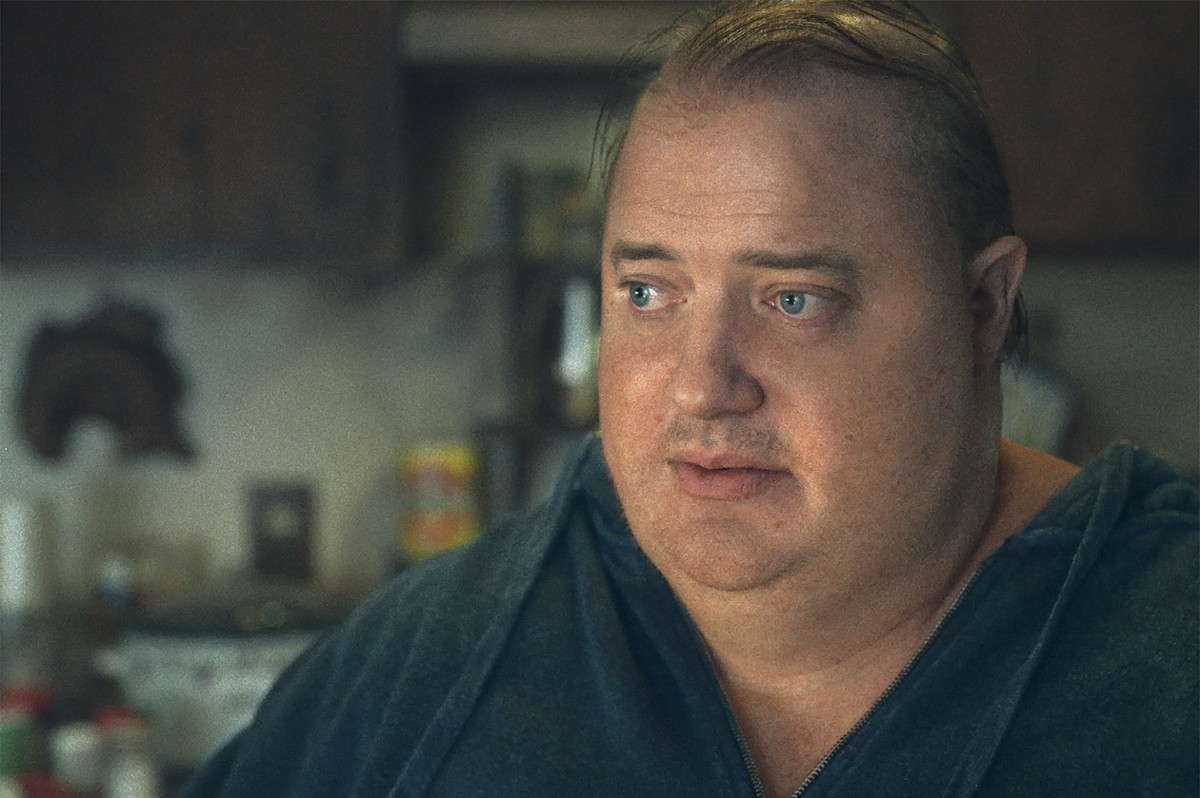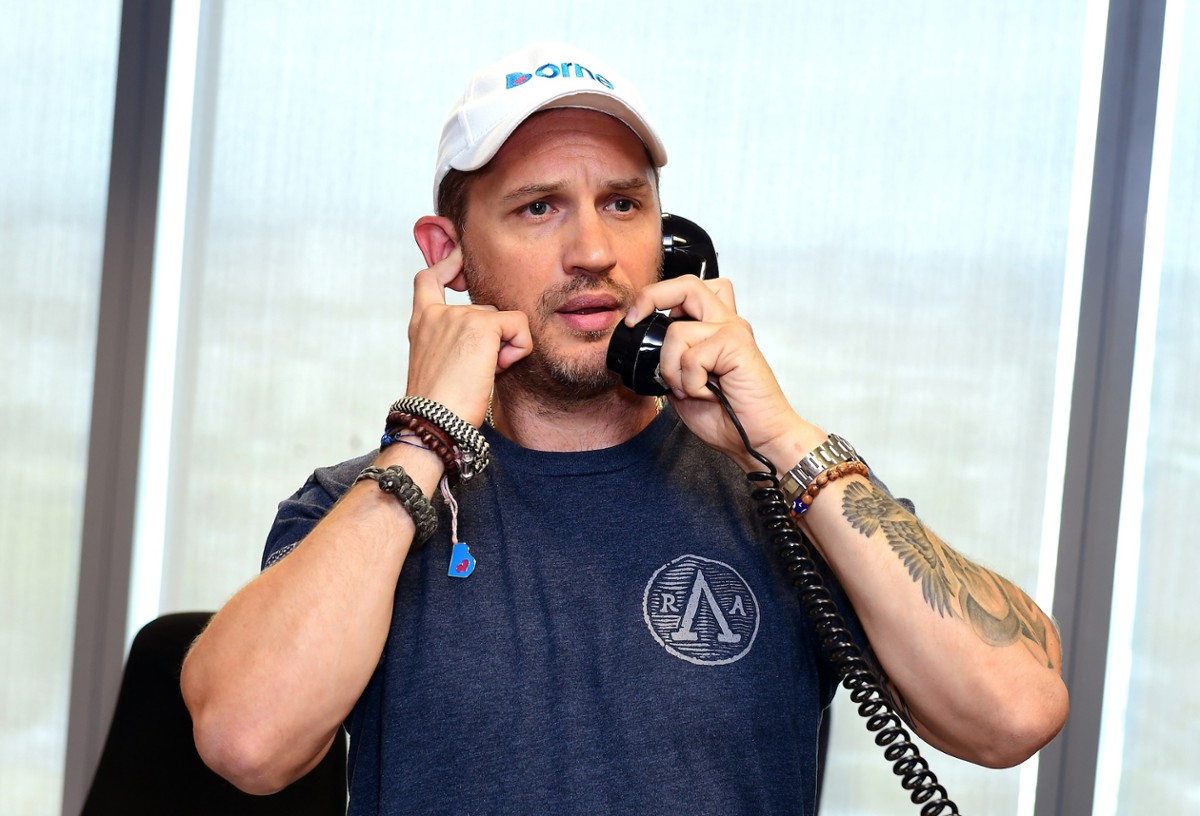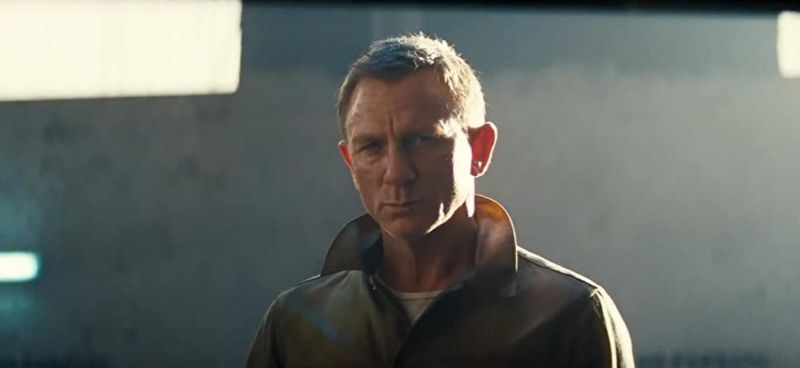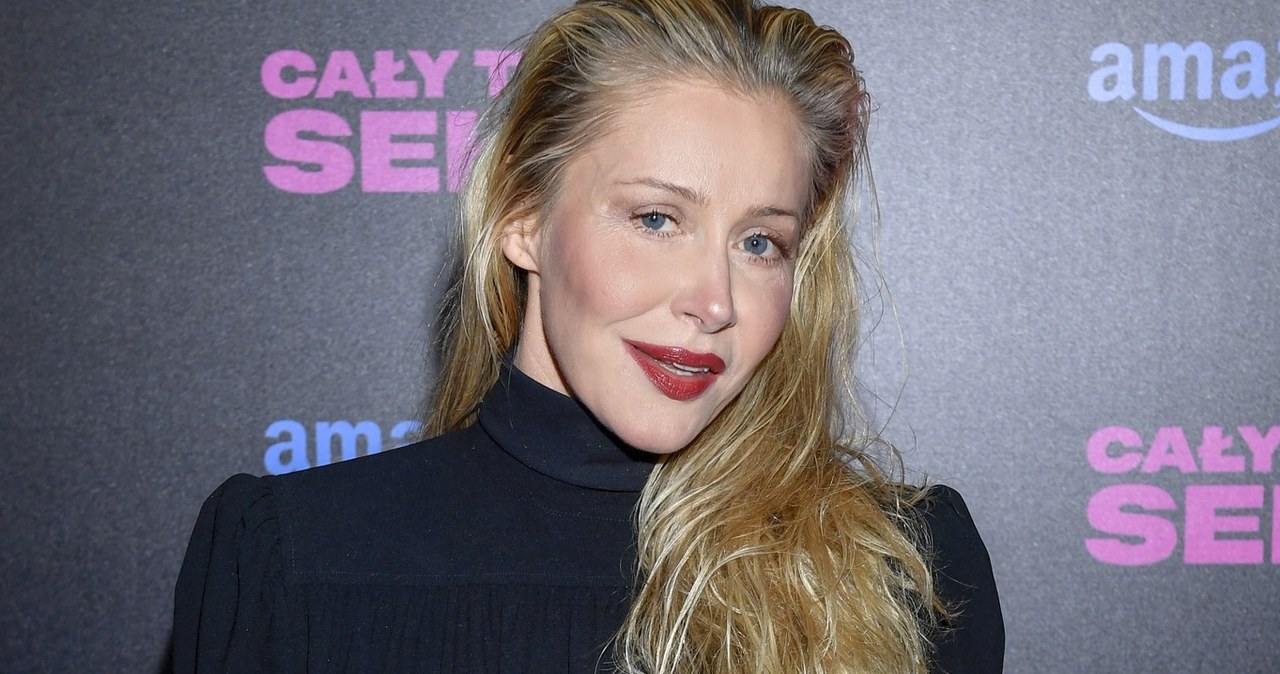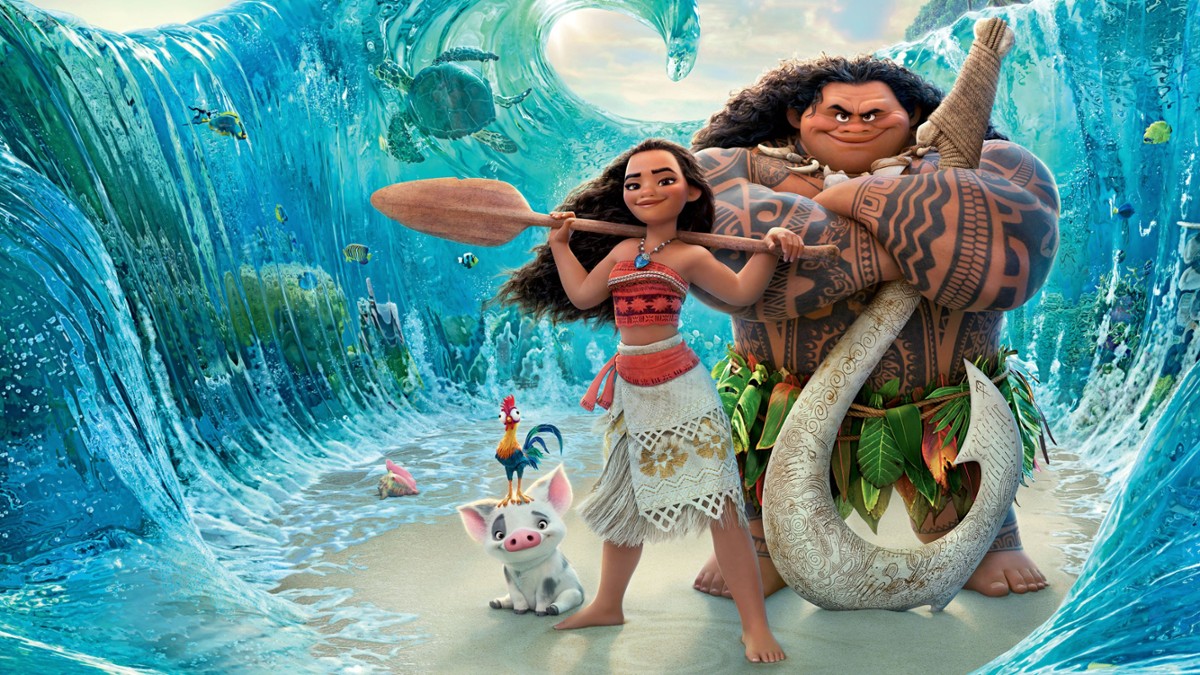“Crossing the Existential Abyss” – review of the film “Whale” Der. Darren Aronofsky
Darren Aronofsky takes us through the gates of hell again, but it doesn’t look as terrifying and flashy as in “Mother!”. The earthly abyss in “Whale” takes the form of an ordinary apartment in which Charlie leads a lonely, desperate and painful life. The man is noticeably overweight which makes it difficult for him to function independently and has a huge hole in his heart. His partner died, contact with his ex-wife and teenage daughter practically ceased, and the only support of the protagonist was from nurse Liz. Charlie is so ashamed of his body that he doesn’t show his webcam to students in his online writing course. Moreover, the health of the master is rapidly deteriorating and requires expensive treatment. Aronofsky never offered such a pessimistic and dark vision of human destiny, but in his Christian spiritual tale about the last attempts at salvation there is a flash of light.
It is worth noting that “Whale” is an adaptation of a play by Samuel de Hunter (also responsible for the script), and its theatrical origins can be felt from the first scenes. The director locks us into the four walls of the apartment, narrows the frames, limits himself to a few actors on the set and establishes himself on the dominant role of dialogues. So don’t expect crazy fun with the exuberant form and theater that the author of “Pi” and “Requiem for a Dream” has mastered to perfection. However, its more subtle way of storytelling, purged of narrative trappings, determines the film’s success. Focusing on the turbulent inner lives of the characters, their confused and unstable relationships, and above all, the desire to free themselves from the temporal hell, turns “Whale” into a racial existential drama.
At the heart of this drama, of course, is Charlie, cut off from the world and imprisoned in his own body. Obesity in a man who has long lost proper weight control is not the most important topic in the film, because Aronofsky is not interested in creating an intervention or a social cinema. The hero’s health problems are rather an excuse for a deep analysis of the state of his soul and mind – damaged by a traumatic past, separation from his family and a growing sense of defeat. The man still has a hint of incorrect optimism, but the daily struggle with a huge, shapeless body and the possibility of stagnation absorbs the remnants of his energy. While the director doesn’t spare us the disturbing shots of Charlie half-naked and scenes in which he reacts to stress voraciously, he does not go beyond the bounds of good taste and shows a lot of tenderness. When portraying the teacher, he especially draws attention to his enthusiastic approach to working with students, his love of literature (headed by “Moby Dick”), a gentle nature and an energetic desire to change his fate. The effort with which the hero gets off the couch is as much a tangible manifestation of his physical disability as it is a metaphor for the ever-present need to overcome the present agony. In “Whale” there is a theme of salvation, about which Thomas eagerly tells who stands in Charlie’s way. The boy, closely associated with the church, sees in the protagonist a person worthy of apostasy and in need of spiritual help. However, in the face of these two, the director reveals the incompatibility between religious concepts and the difficult question of life and points out a fine line between altruism and selfishness.
Wojciech Tu’s Wieloryb . Full Movie Review“ It can be read on the movie card over here.
Below you’ll find our coverage of the Venice Festival so far:
– We review “the bones and all” and “all the beauty and bloodshed”
– We rate Inarritu’s “Bardo” and “Un couple” according to the memoirs of Zofia Tolstoj
– We review “White Noise” by Noah Baumbach and “Tar” by Todd Field

“Amateur social media maven. Pop cultureaholic. Troublemaker. Internet evangelist. Typical bacon ninja. Communicator. Zombie aficionado.”

